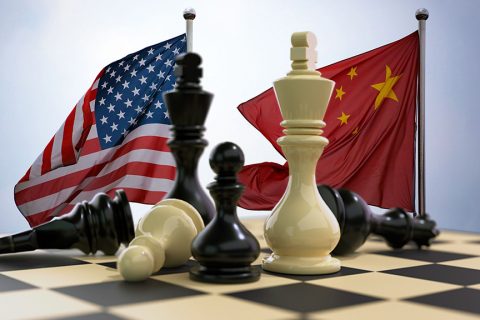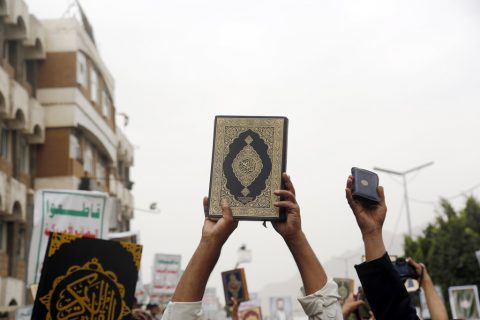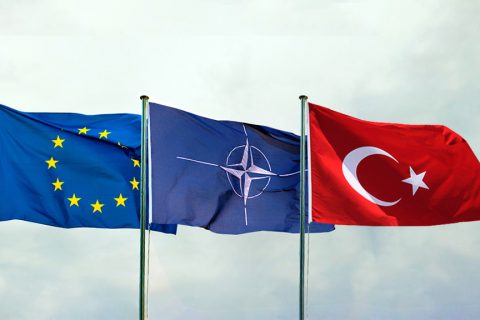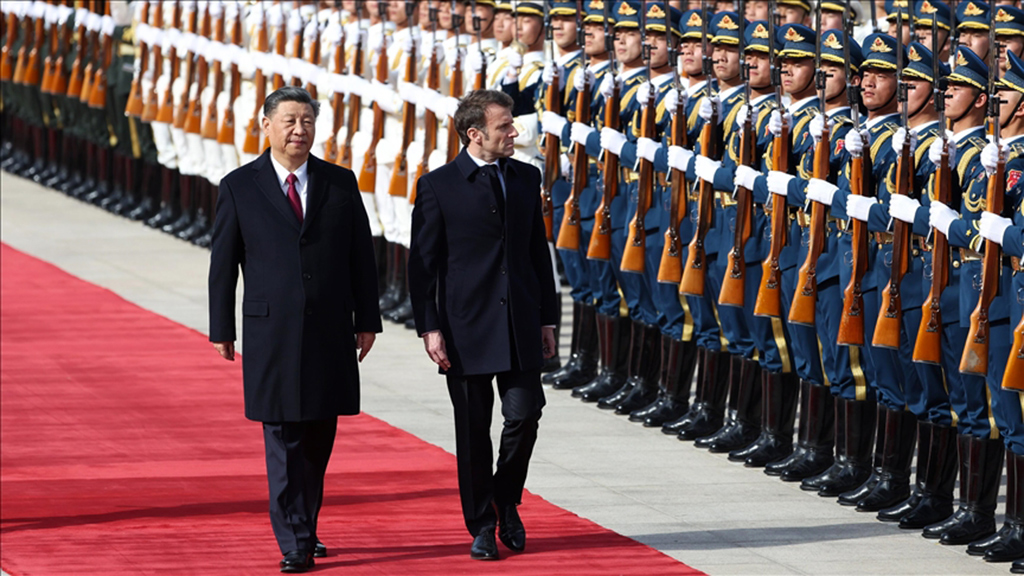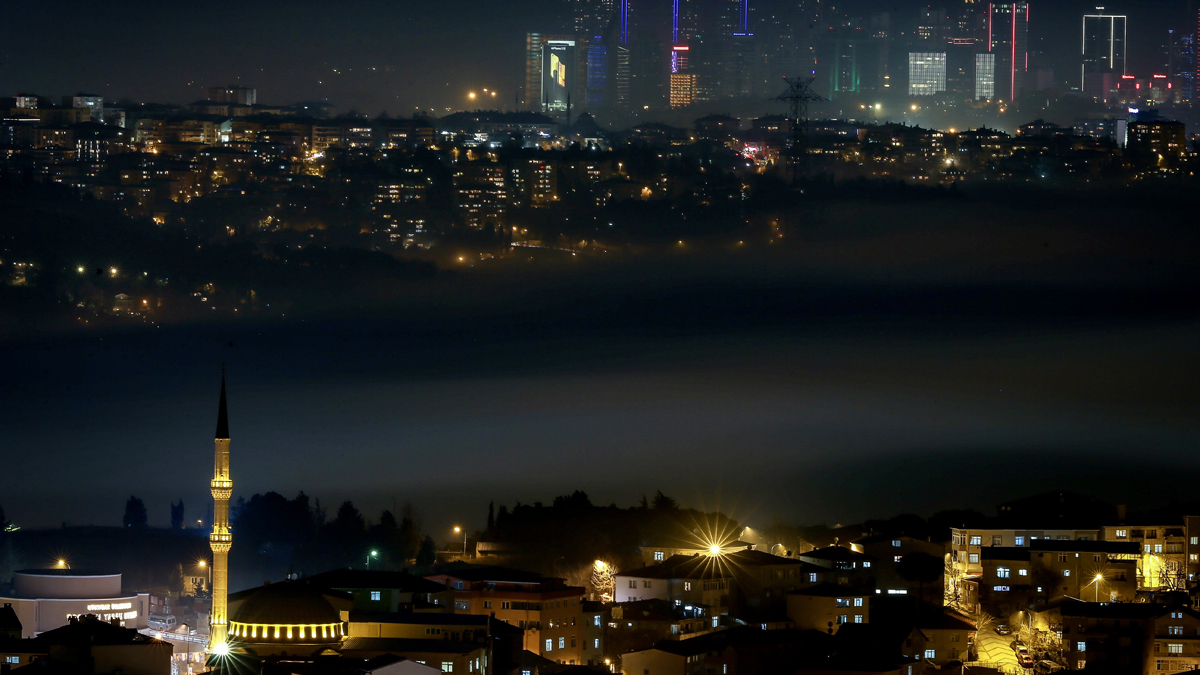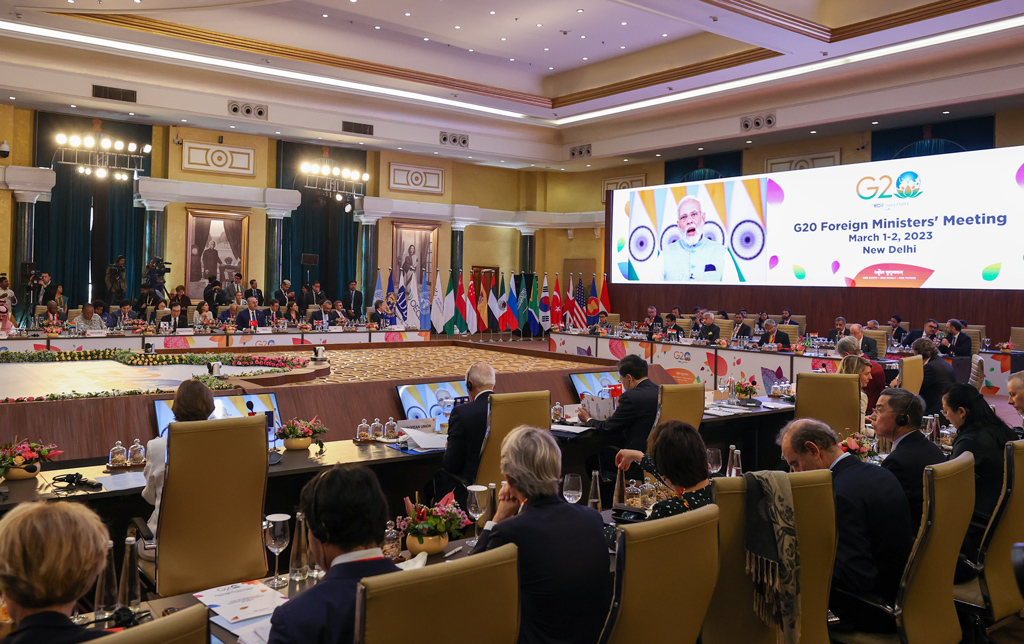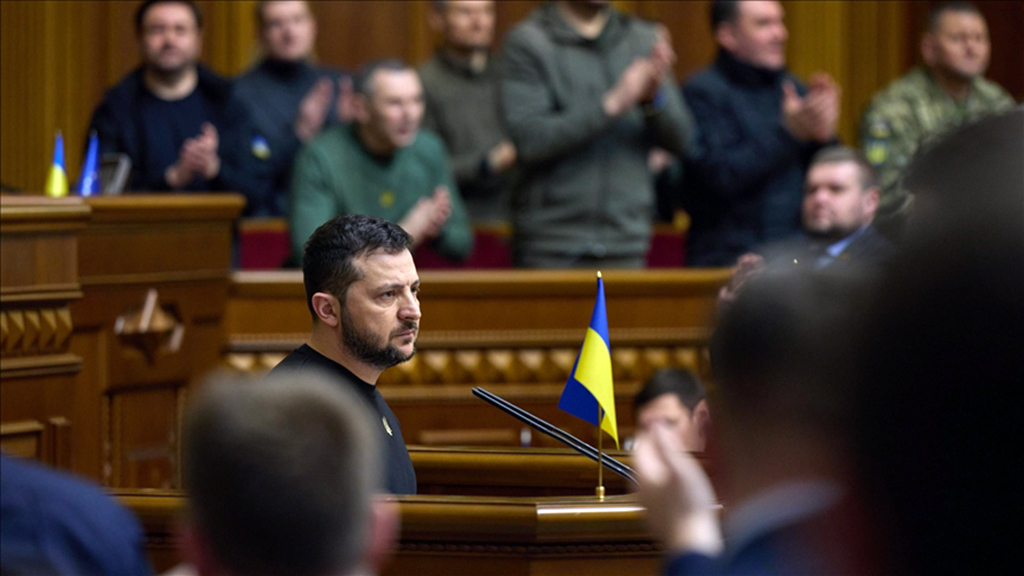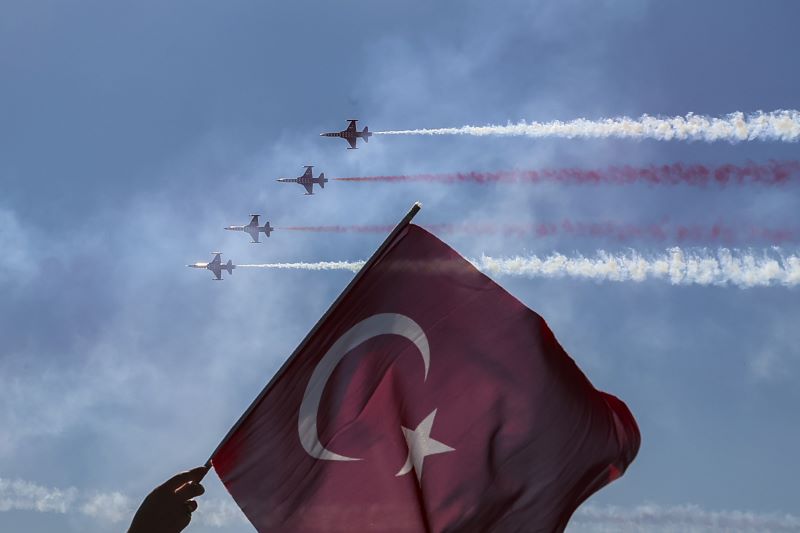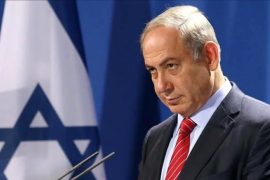Cold War
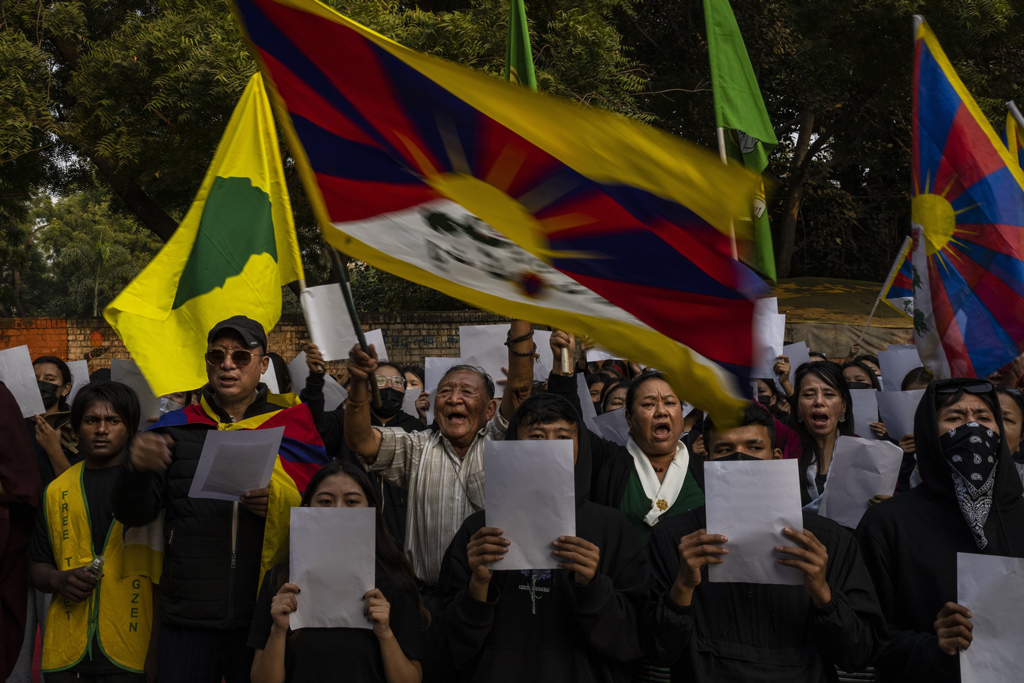
China vs. India: Conflicting interests, competing claims
| OpinionThe People’s Republic of China and India are two Asian global powers in the non-Western …
-
Opinion
The limits of US-China economic rivalry
By Kadir ÜstünThe intense global economic rivalry between the US and China is leading to a fierce competition, particularly in the advanced technology sector. While Washington imposes measures to limit the export of high-tech products to China, Beijing is not sitting idle. A recent example is Intel, the giant US computer chip producer, retracting its decision to acquire Israel's semiconductor chip manufacturer, Tower Semiconductor. Intel had initially planned to acquire Tower to remain competitive in chip manufacturing and had obtained approval from American authorities. However, after waiting for 18 months without approval from Chinese authorities, Intel was forced to announce the cancellation of the acquisition. Intel, which generates 27% of its global revenues from China, avoiding jeopardizing this relationship, demonstrates how complex the economic battle between the US and China has become.
-
Opinion
Western attacks on Islam will backfire
By Muhittin AtamanWestern countries, including politicians, business circles, academia and media, have been insistently and deliberately otherizing and alienating Islam and Muslims for the last three decades. Immediately after the collapse of the Soviet Union, the end of the Cold War and the elimination of the communist threat, influential Western circles began to consider Islam and Muslims the main threat to the Western-dominated world hegemony.
-
Opinion
Is Türkiye reorienting itself towards the West?
By Kadir ÜstünIt cannot be said that the efforts of Turkish foreign policy to open up space for itself through pragmatic steps in line with regional and global balances are adequately understood. Analyzes that depict Türkiye as "breaking away" from the Western alliance are based on the misconception that Türkiye cannot rationally determine its national interests and act accordingly. When every relationship President Erdogan develops beyond the Transatlantic alliance is presented as either an alternative to the West or a distancing from the West, unfounded prejudices about Türkiye's foreign policy emerge. As analyses of Türkiye are reduced to variations of the perception of a country caught between the West and the East, constantly experiencing ebb and flow, problematic perspectives on Turkish foreign policy become widespread. Unless it is based on the assumption that Türkiye has legitimate national interests and priorities, these analyses lose their ability to provide a profound explanation.
Bu Konuda Daha Fazla
-
Macron’s China trip and strategic autonomy
By Kadir ÜstünFrench President Emmanuel Macron's statements after his visit to China, where he was received with state ceremonies, regarding Europe's need to reduce its dependency on the U.S. and not take sides in a conflict between China and the U.S. over Taiwan, has caused a stir in Washington. Macron's assertion that Europe needs to gain "strategic autonomy" and that the greatest risk in achieving this is "getting involved in crises that do not belong to us" has been interpreted as a disagreement between France and the U.S. on the issue of Taiwan. While it is difficult to say that the concept of strategic autonomy has broad support throughout Europe, it is clear that the U.S.-Europe alliance is not on the same page. Although the Biden administration has managed to keep the transatlantic alliance together on the issue of Ukraine, it will be much more difficult to maintain the same unity in the event of a possible invasion of Taiwan.
-
Key Issues in Turkish Politics Before the 2023 Elections
By Hamit Emrah BerişIn 2023, Türkiye will celebrate the centennial of the establishment of the republic and will also hold a crucial election. The 2023 elections are one of the most important in Türkiye’s history. Four main topics will determine the fate of the elections: refugees, the economy, rising nationalism, and the Kurdish question. There are serious differences of opinion between the government and opposition blocs regarding the solution to these problems. Concerning refugee policies, Türkiye is still the country hosting the highest number of displaced persons under temporary protection in the world. While policies against immigrants are rising all over the world, President Recep Tayyip Erdoğan has adopted a humanitarian approach in terms of refugee policies. Erdoğan has also used his power of persuasion in society in terms of solving economic problems. In many parts of the world, the combination of refugees and economic problems manifested itself in the form of reactionary nationalism. Erdoğan, on the other hand, used nationalist rhetoric in an integrative way, blending the concepts of native (yerli) and national (milli). Although the opposition has not demonstrated a clear approach to these issues, it positioned itself directly opposite Erdoğan. Likewise, recently, a new approach has been adopted in terms of the solution to the Kurdish question, apart from the PKK. The 2023 elections will show which of the approaches of the government or the opposition wings coincide with Turkish society’s expectations.
-
Thoughts on the G20 final declaration fiasco
By Kadir ÜstünAt the end of the G-20 Foreign Ministers' Summit held in New Delhi, the capital of India, the final text could not be published due to differences of opinion on Ukraine. The meeting was a preparation for the G-20 Leaders' Summit, which was planned to be held in the same city in September. The success of the meeting was also a matter of prestige for India, which wanted to increase its international profile by evaluating the West's policies that tried to distance China in recent years. Disagreements between the West and Russia and China over the Ukraine issue prevented Indian Prime Minister Modi's call to "focus on common points, not differences" from being answered. The fact that the final text could not be published despite Modi's efforts indicates that the international system crisis will continue to deepen.
-
What’s behind China’s Ukraine ‘peace plan’?
By Kadir ÜstünU.S. officials have warned Beijing by leaking to the media that China is considering giving military aid to Russia, including heavy weapons, kamikaze drones, and other weapons.
-
Türkiye’s Linchpin of the Future: The National Technology Move
By Gloria Shkurti ÖzdemirTurkey must depend on its own technological capabilities while China and the United States continuously compete in the new multipolar world order.
